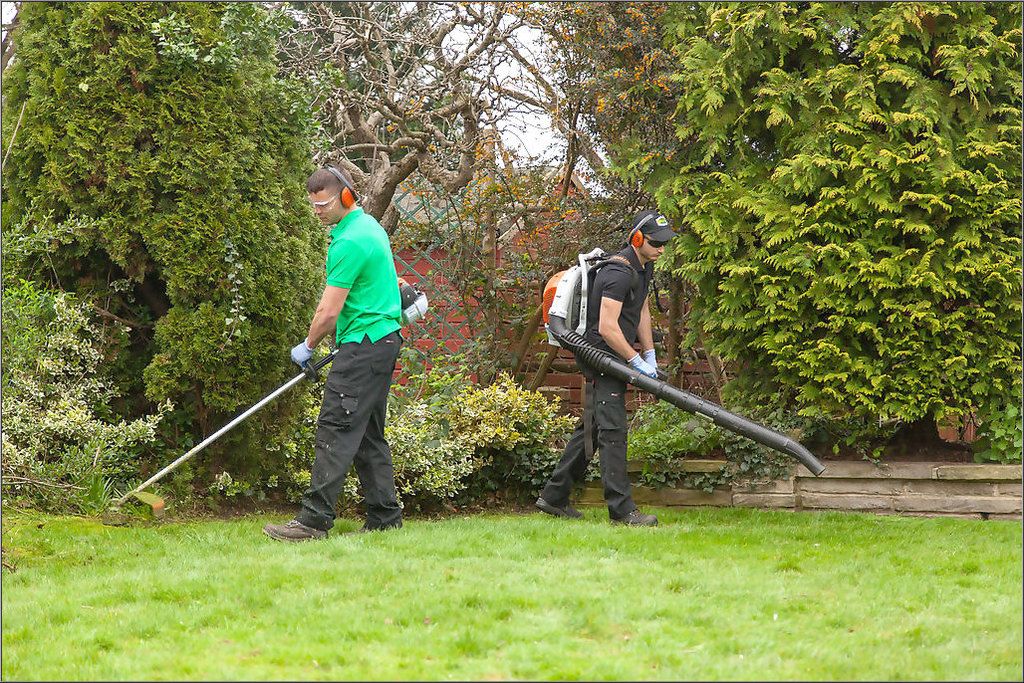Taking care of your lawn and garden isn’t just about aesthetics—it’s about creating a vibrant, healthy environment that reflects your home’s personality. Whether you’re a seasoned green thumb or just getting started, the secret to a lush lawn and flourishing garden is knowing the right techniques and maintaining consistency. Here’s everything you need to know to keep your outdoor space thriving.
1. Lawn Care: The Foundation of a Beautiful Yard
A well-maintained lawn sets the stage for the rest of your garden. From lush greenery to the perfect trim, the key is regular attention and care. Here are some essential lawn care tips:
- Mowing: Mow your lawn frequently, but avoid cutting it too short. Ideally, grass should be cut to about 2.5 to 3 inches, which helps with moisture retention and root growth.
- Watering: Water deeply but less frequently. Early morning watering helps prevent evaporation and gives the soil time to absorb moisture before the heat of the day.
- Fertilizing: Feed your lawn with the right nutrients. Use a slow-release fertilizer in the spring and fall to keep your grass green and healthy throughout the seasons.
- Aeration: Lawn aeration helps prevent soil compaction and allows water, air, and nutrients to penetrate deeper into the roots. Aerate at least once a year, preferably during the growing season.
2. Garden Care: Cultivate Beauty with Thoughtful Practices
A thriving garden is not just about planting—it’s about nurturing. From soil health to plant choices, here’s how to elevate your garden care routine:
- Soil Preparation: Start with healthy soil by testing its pH levels. Incorporate organic matter like compost to boost nutrients and improve drainage.
- Choosing the Right Plants: Select plants that are suited to your climate and soil. Native plants often require less maintenance and are more resilient to local pests and conditions.
- Watering & Mulching: Just like your lawn, gardens need consistent watering. Mulching around plants helps retain moisture, regulates soil temperature, and keeps weeds at bay.
- Pruning & Deadheading: Regularly prune and deadhead plants to encourage new growth and prevent overcrowding. This ensures your garden looks tidy and vibrant throughout the growing season.
3. Seasonal Care: Adapt with the Seasons
Each season brings unique challenges and opportunities for lawn and garden care. Understanding how to adjust your approach as the weather changes is crucial for long-term success.
- Spring: Spring is the time to prepare. Start by cleaning up debris, dethatching your lawn, and re-seeding bare patches. This is also the ideal time to plant new flowers and shrubs.
- Summer: Focus on keeping your lawn hydrated and gardens weed-free. Early morning or evening watering minimizes water loss from evaporation.
- Fall: Fall is for fertilizing and aerating. Remove fallen leaves from your lawn to prevent mold and reseed areas that need extra attention before winter sets in.
- Winter: Protect your plants by mulching heavily and wrapping delicate shrubs in burlap. Avoid walking on your lawn when it’s frosty, as it can damage the grass.
4. Common Lawn and Garden Care Mistakes to Avoid
To ensure your efforts bear fruit (literally and figuratively), avoid these common lawn and garden care mistakes:
- Overwatering: More water isn’t always better. Overwatering can lead to root rot and promote fungal growth in your lawn and garden.
- Improper Fertilization: Fertilizing at the wrong time or with too much fertilizer can burn your lawn and plants. Always follow the recommended guidelines.
- Ignoring Pest Control: Pests can quickly undo your hard work. Keep an eye out for early signs of infestation and use natural remedies when possible to protect your plants.
5. Sustainable Lawn and Garden Care Practices
Consider adopting sustainable practices to make your lawn and garden eco-friendly:
- Xeriscaping: Opt for drought-resistant plants and reduce the need for excessive watering.
- Composting: Recycle garden waste and organic matter by composting, creating nutrient-rich soil for your plants.
- Rainwater Harvesting: Use rain barrels to collect water naturally and reduce your dependence on irrigation systems.
Final Thoughts: Create Your Dream Outdoor Space
Lawn and garden care is both an art and a science. With consistent care, the right techniques, and an understanding of your local environment, you can transform any outdoor space into a serene, beautiful retreat. Keep learning, experimenting, and enjoying the process—after all, a garden is always growing and evolving, just like your skills.







